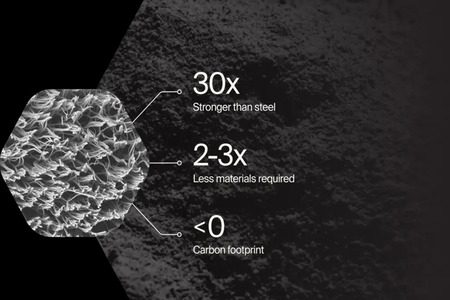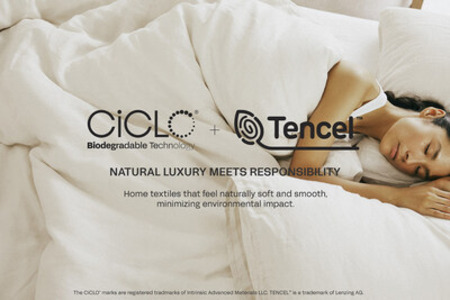
SBTi launches world’s first science-based Net Zero Standard
YarnsandFibers News Bureau 2021-10-29 12:52:59 – United KingdomThe Science Based Targets initiative (SBTi), a global organization that helps businesses set science-based emissions reduction goals, launches the world's first Net-Zero Corporate Standard.
To address this, the SBTi's Net-Zero Standard is the world's first science-based certification of enterprises' net-zero ambitions in line with the Paris Agreement's goal of limiting global warming to 1.5°C.
Alberto Carrillo Pineda, Co-Founder and Managing Director of the SBTi, said that companies are now self-defining net-zero targets without a credible and independent assessment of their ambition and integrity. For the first time, the SBTi Net-Zero Standard provides enterprises with strong certification to show customers, investors, and regulators that their net-zero ambitions are cutting emissions at the rate and scale required to keep global warming below 1.5°C. They're now inviting all businesses with net-zero goals and ambitions to demonstrate to stakeholders that their decarbonization strategy is scientifically sound. They also appeal to the rest of the business community to join the Race to Zero.
The first seven firms to have their net-zero targets certified as part of the SBTi’s pilot scheme were announced which are AstraZeneca (UK), CVS Health (US), Dentsu International (UK), Holcim (Switzerland), JLL (US), rsted (Denmark), and Wipro (India). More businesses are being encouraged to set net-zero goals, which the SBTi will start recognizing in January 2022.
Companies who adopt the Net-Zero Standard will be obliged to define science-based short- and long-term goals across all scopes. Near-term targets cover immediate emissions reductions for the next 5-10 years, while long-term science-based targets determine the whole level of decarbonization by 2050 or before.
The SBTi states that science-based net-zero needs firms to accomplish deep decarbonization of 90-95 percent of their carbon emissions by 2050. 2 A corporation must thereafter neutralise any limited residual emissions that are not yet able to be reduced. However, the SBTi specifies that residual emissions - which must be offset by carbon removals - cannot exceed 5-10% of a company's total emissions, depending on its industry. Technological removals (e.g., Direct Air Capture (DAC) with geological storage) and nature-based remedies are examples of neutralization operations (i.e. reforestation).
The "mitigation hierarchy" is the core premise of the SBTi Net-Zero Standard. This means that businesses should focus on value chain emissions and develop strategies to meet these goals as the primary strategy for achieving net-zero emissions.
The SBTi recognizes the urgent need to raise near-term finance to help address the nature and biodiversity crisis and increase the possibility that the global economy stays under 1.5°C of the pre-industrial level. As a result, the Standard advises businesses to invest in reducing emissions outside of their value chains. These expenditures, however, should be made in addition to, not in place of, rapid and significant reductions in a company's own emissions.
Furthermore, for the world to reach net-zero emissions, finance's role in business decarbonization is critical. As a result, the SBTi is leading efforts to define and create metrics around what net-zero means for financial institutions in terms of decarbonizing the real economy, and its Net-Zero Foundations for Financial Institutions: Draft for Public Consultation will be released on November 10, 2021.
The Net-Zero Standard was created in consultation with an independent Expert Advisory Group comprised of academics, civil society leaders, scientists, and industry leaders. In August 2021, more than 80 companies took part in a road test of the Standard.
Through the SBTi's Business Ambition for 1.5°C initiative, more than 300 companies have pledged to reach science-based net-zero by 2050. Through this initiative and the Race to Zero, businesses can commit to setting a science-based net-zero aim in line with the Standard.
Market Intelligence
Ask for free sample Report

experience
Customer Base
dedicated team
Countries Served Worldwide









